Giorgio Lizzul’s research concerns the intersection of economic, political and ethical thought with the financial institutions of medieval and Early Modern Europe.
He graduated with a BSc in Government and Economics from the London School of Economics and Political Science in 2010. After, he studied for an MA in the History of Political Thought and Intellectual History at UCL and Queen Mary University of London. His PhD in History from King’s College London, completed in 2017, was on political thought and public debt in late medieval and Renaissance Italy.
Between 2016-17 he was a Teaching Fellow in Medieval European History at KCL. Following this, he was an European Research Council post-doctoral fellow on the project “Aristotle in the Italian Vernacular: Rethinking Renaissance and Early-Modern Intellectual History (c. 1400 – c. 1650)” at the Department of Italian Studies, University of Warwick, where he remains an honorary research fellow at the Centre for the Study of the Renaissance.
Between 2020-21 he was Jean-François Malle Fellow at I Tatti, The Harvard University Center for Italian Renaissance Studies. In 2022 he was a Fellow of The Italian Academy for Advanced Studies in America, Columbia University New York. He has also held research fellowship from Das Ludwig Boltzmann Institut für Neulateinische Studien, Innsbruck; the Newberry Library, Chicago; The British School at Rome, and the Society for Renaissance Studies.
He is currently completing his monograph Debt and the Republic: Economic Thought and Public Debt in Italy, c. 1250–1550. He has co-edited a volume on work ethics in medieval and Early Modern Europe for Palgrave Macmillan that will appear in 2022. His latest research article “Liberality as a Fiscal Problem in Medieval and Renaissance Thought: A Genealogy from Aristotle’s Tyrant to Machiavelli’s Prince” appeared in The Journal of the History of Ideas (July 2022).




